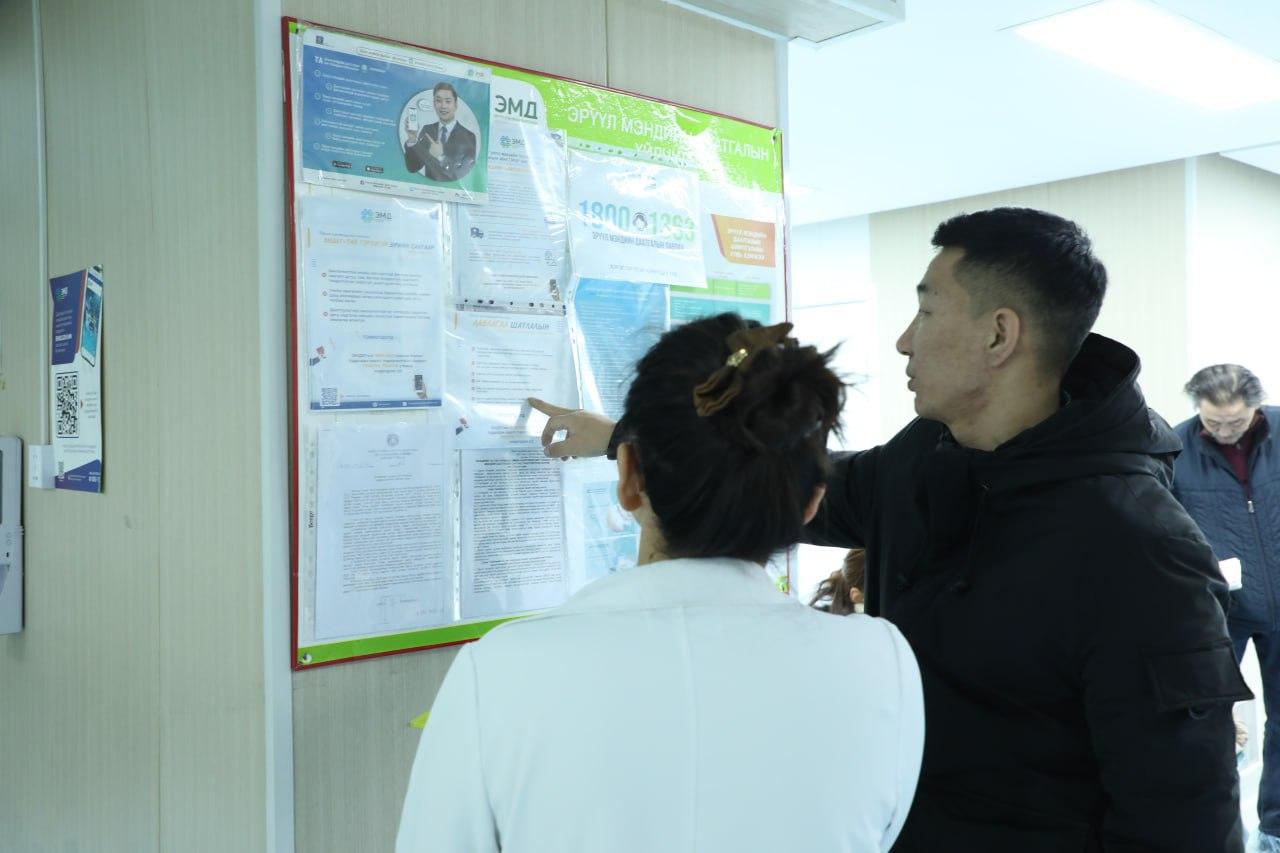
Is corruption a barrier to effective public financial management for health?
Corruption undermines efforts to achieve Universal Health Coverage. Combining anti-corruption efforts with well-designed PFM systems offers a two-pronged approach to achieving UHC.Corruption is a significant barrier to achieving Universal Health Coverage (UHC), which...

Making AMU operational: NGOs lobby parliamentarians
On February 28, 2024, the Permanent Secretariat of Non-Governmental Organizations (SPONG), with the support of UNICEF, held a meeting to inform, raise awareness, mobilize and engage parliamentarians in the operationalization of universal health insurance in Burkina...

With a budget deficit, Hong Kong needs to optimise healthcare spending
Hong Kong should focus on strategic purchasing to boost primary healthcare to tackle the budget deficit in healthcare says a news report by the South China Morning Post. The article advocates for a reimagining of healthcare financing in Hong Kong, emphasizing the...
Pandemic response funding: Pandemic Fund, WHO, or a new entity?
Health Policy Watch discusses the debate on pandemic financing hosts, stressing the importance of evidence-based choices in article titled 'Who Will Finance Countries’ Pandemic Response: Pandemic Fund, WHO or a New Entity?'. This article, published by Health Policy...

37 new medical devices added to benefits and the Insurance Fund will pay for medical equipment worth 21.2 millon euros
In 2024, Estonia’s Health Insurance Fund will reimburse 21.2 million euros for medical equipment, with 37 new devices added, including compression products for post-breast surgery. Since 2023, the benefits package is updated twice a year to ensure quicker access to...

Azerbaijan leverages digitalization and health spending efficiency by launching “My E-Prescription” app
E-prescription is a digital alternative to paper-based prescriptions in Azerbaijan. The "My E-Prescription" system electronically registers prescribed medicines. A new mobile app connects doctors, patients, and pharmacists on a single platform, simplifying...

Dental care for Estonians became more accessible in 2024 with increased benefits and lowered deductibles
In 2024, the Estonian Health Fund will allocate over 103 million euros to dental care, the largest investment in oral health. Benefits for vulnerable groups (pregnant women, mothers of young children, pensioners) will increase from 85 to 105 euros, with deductibles...

National dialogue on health financing in Burundi
From February 12 to 14, 2024, the Economic Community of East African States organized a high-level national dialogue on health financing in Bujumbura. This dialogue mobilized stakeholders around the theme: "Increasing public resources for health financing in...

The Health Insurance Fund improved Estonians’ access to family doctors through digital platforms and increased funding for services
In 2024, the Health Insurance Fund will finance family doctor digital platforms to ensure all Estonians can contact family doctor centers online. The Fund will set requirements, assess compliance, and fund approved platforms. Family doctors can choose a suitable...

Lithuanians’ social health protection improved in 2024 with expanded benefits from the Compulsory Health Insurance Fund
Starting next year, patients will benefit from faster access to healthcare services, while healthcare professionals will experience a reduced administrative workload and an increase in salaries. These reforms are also aimed at improving the availability of essential...

Poland expanded accesss to primary health care services
Starting November 1, 2023, primary care services expanded under a new regulation (Journal of Laws 2023, item 2226). Patients with prediabetes, hyperthyroidism, and chronic kidney disease gain access to coordinated care, including UACR tests, specialist consultations,...

Argentina: As of March, Instituto de Obra Médico Asistencial to charge co-payments for medical consultations
The entity in charge of providing health insurance to public employees will start charging co-payments for medical consultations in the province of Buenos Aires. Due to the need to make adjustments for inflation, the president of the public employees' welfare fund...

Free of Charge Program: More than 700 thousand patients were treated at the General Hospital of Mexico.
According to the 2019-2024 Management Report of the General Hospital of Mexico "Dr. Eduardo Liceaga", the free medical care program was able to eliminate economic barriers and also ensure that more people could receive quality medical care. The hospital's general...

Health insurance agency monitors the accessibility of insurance-related information for the public
Mongolia's Health insurance agency monitors whether healthcare organizations are transparently posting information on access to care for the public. Since December of last year, the Health Insurance Agency has been working with providers to ensure the law on...

State health insurance will be impemented nationwide by 2027
The State Health Insurance Fund of Uzbekistan announced that state health insurance will be implemented nationwide by 2027. Preparations for introducing state health insurance mechanisms have already begun in several regions. Since the beginning of 2023, the Fund has...
